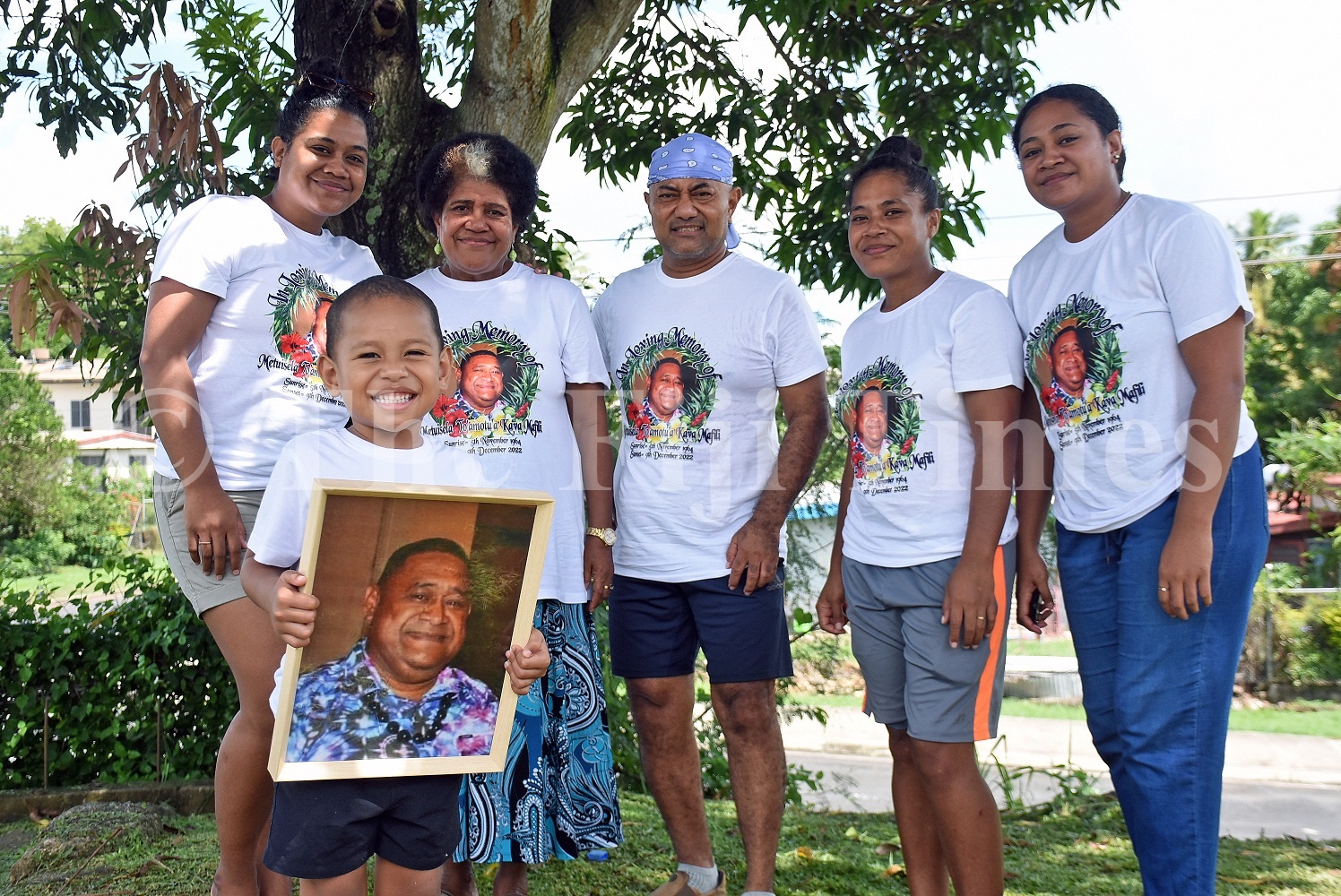For years, Christians have been moved to worship the creator to songs such as Sai Kemuni, Nepukanesa, Era meke mai na Isireli and Sa Curumi Samisoni with no knowledge of the man who composed them.
The man behind the iconic iTaukei gospel songs of praise and worship was Metuisela Kawa To’amotu’a Mafili.
He was widely regarded as a gentleman who dedicated his life to composing iTaukei gospel songs, church hymns and even introduced vucu (iTaukei traditional chanting) into church music in the past three decades.
Unfortunately, he died in December last year but will forever be remembered for the thought-provoking, musical masterpieces he left behind.
Mafili, originally of Tongan descent with maternal links to Qalikarua, Matuku, Lau, left behind hundreds of songs that will be released by his six children later.
Such was his mastery of prose, melody and rhythm.
His widow Luisa Mafili said it was her late husband’s calling to compose songs that would become anthems in churches during worship.
With music in his blood, Mafili began his journey as a composer at the age of 20, back at the Makoi Methodist Church where he was part of the youth fellowship.
Both his late grandparents were composers of polotu — songs of worship sung along to percussive instruments by the Lauan people in church.
Unlike contemporary and mainstream iTaukei artists, Mafili kept a very low profile.
He believed the songs he composed were not his, but were inspired by God to worship him for all the little every day things that people took for granted.
Mafili believed he was blessed with music to share the Word of God, and that it should never be about him, the composer.
“When we first met in church through mataveitokani (youth fellowship), he was already into composing and he would always talk about his dream to write gospel songs and hymns,” Luisa said.
“He took this dream quite seriously and he composed as many numbers as he could and many of these are used as songs of worship these days.
“Despite all that he has done, he never wanted his work published or shared because he believed God gave him that talent to write and compose songs of worship.”
Renowned local musician Freddy Kado, the composer’s first cousin, said Mafili was young when he gave his life to the Lord and centred and committed his life to composing gospel songs.
“He was like a younger version of our grandfather, he was the one in the family who committed to church at a very young age,” Kado said.
“While committing his life to the church, he also worked for Fiji Visitors Bureau and travelled to the United States of America to represent Fiji by singing songs.
“He was the first Fijian to introduce chants (vucu) into Gospel songs, he was what I would call an on-the-spot composer. “He could read people’s minds and compose a song out of what’s on a person’s mind.”
When Mafili died last year, he left behind hundreds of songs that were yet to be released. His diary had a breakdown of the songs and detailed explanations about their inspiration and meaning.
His daughters are now looking at publishing, recording and releasing the songs to give their late father the credit he rightfully deserves.
For many years, the family said they watched in silence as Mafili’s gospel numbers were sung in churches without their father being credited for his work. While it was his wish to remain anonymous, they believe the artists should have at the very least acknowledged him.
“He was such a humble person that he never wanted to be known as the person behind those famous songs, that was never him, he never wanted to be in the spotlight,” Kado said.
“He believed that God gave him that natural talent to tell stories through songs.
“He was a very generous and humble person and apart from his work as a composer, he would feed the needy on weekends and shared what he had with some orphanages around the country.”
Kado said Mafili not being acknowledged or recognised was something that hurt his family, particularly his daughters, who were following in his footsteps.



